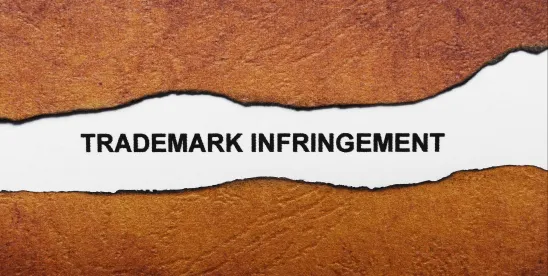Superheroes have been called the defining archetype of the present age. The stories that feature them are our shared modern mythology. Since Superman first burst onto the scene in 1938, superheroes have been steady features of comic books, radio, film, television, toys, clothing, and games. They’ve waxed and waned in popularity, but never gone away, and have been the biggest media sensation of the past two decades. However, for almost 60 years, the term SUPER HERO was a registered trademark of the two titans of the comics industry.
The history of comics publishing is long and complicated, but since the fallout of the 1954 Senate hearings regarding Fredric Wertham’s research published in Seduction of the Innocent, the comics industry in the U.S. has been dominated by two publishers: Marvel Comics (now owned by Disney), home of Spider-Man, the X-Men, and the Avengers, and DC Comics (now owned by Warner Bros. Discovery), home of Superman, Batman, and Wonder Woman. Between the two of them, Marvel and DC published the vast majority of American comics, especially superhero comics, purchasing many smaller publishers over the decades.
In 1966, at the height of their dominance, the two publishers jointly applied to register the trademark SUPER HERO for masquerade costumes, which was granted in 1967. Over the following decades, they jointly filed additional applications for SUPER HERO and SUPER HEROES in connection with toys, publications, ice cream, clothing, and television programs. They have, at various times, moved to prevent other parties from registering SUPER-marks (including filing more than 30 notices of opposition to trademark applications) and threatened other companies that used SUPER HERO or similar terms. As a result, competing publishers and creators have resorted to using other terms in their stories and marketing, such as “capes,” “supes,” “superhumans,” “mystery men,” “metahumans” (also used by DC Comics), “parahumans,” “specials,” and the like. But this year, one small publisher decided to push back.
Superbabies Limited is an independent UK publisher that, as Iconic Earth Studios, published two issues of the Superbabies comic book and filed multiple applications to register SUPER BABIES, as a wordmark and as a design, in connection with video games, comics and books, and toys. While the USPTO did not find any conflict with any existing registrations, when Superbabies’ marks published for opposition, DC Comics filed an opposition, claiming that the SUPERBABIES marks were likely to cause confusion with DC Comics’ various marks referring to its Superman-related properties: SUPERMAN, SUPERBOY, SUPERGIRL, SUPER FRIENDS, SUPERWOMAN, and SUPER-PETS. Notably, DC Comics’ Notice of Opposition makes no reference to any of the SUPER HERO marks co-owned with Marvel Comics.
Apparently in response to that opposition, Superbabies filed a petition to cancel the various co-owned SUPER HERO marks, asserting on various grounds that the SUPER HERO marks were generic, the two publishers had abandoned them as trademarks, designating them as sources of goods and services, and further, the unique co-ownership of the mark by direct competitors in the same field was fundamentally fatal to the term’s functionality as a trademark.
Neither Marvel nor DC filed an answer in the cancellation proceeding, though attorneys did appear on their behalf. With no answer filed, the Trademark Trial and Appeal Board granted the cancellation. The registrations for SUPER HERO and SUPER HEROES are now cancelled.
But that’s not the whole story. In addition to the SUPER HERO registrations, Marvel and DC also jointly own a registration for SUPER VILLAINS – and while it may be vulnerable to cancellation on similar grounds, no petition to cancel has yet been filed. We will see whether DC and Marvel renew that registration when it’s up next year.
Finally, Superbabies may have felled what they perceived as a giant, but it has not noticeably improved their lot, as DC’s opposition to their applications, based on other marks owned solely by DC and never shared with Marvel, continues apace.
Every product and service name and brand should be discussed with an attorney and cleared, no matter how large or small your company is. If you are in the beginning stages of adopting or changing your brand, it is crucial to have an IP attorney to catch possible conflicts, including potential infringements, prior to using the mark or filing an application.




 />i
/>i
